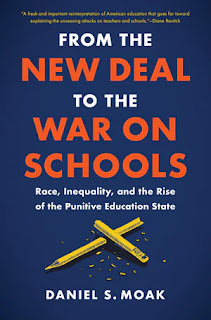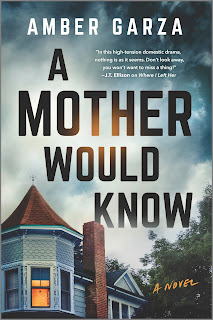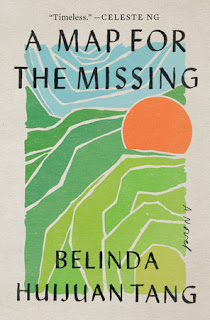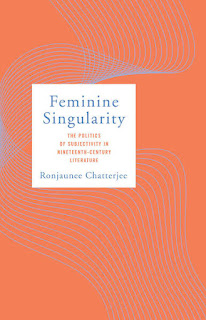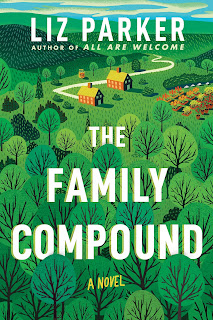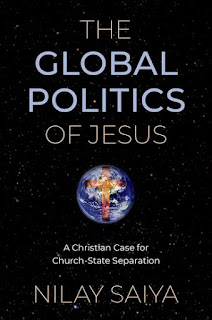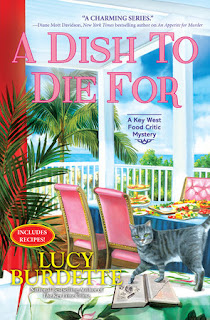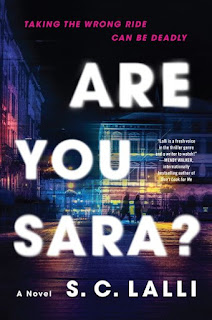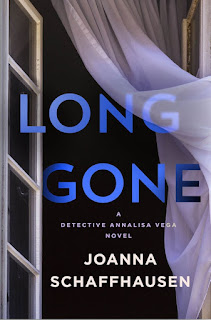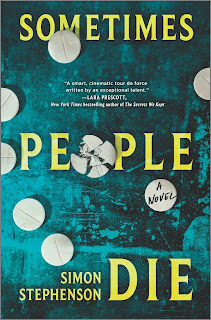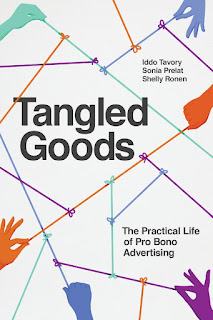New from William Morrow: Heat 2 by Michael Mann and Meg Gardiner.

About the book, from the publisher:
Michael Mann, four-time-Oscar-nominated writer-director of The Last of the Mohicans, The Insider, Ali, Miami Vice, Collateral, and Heat teams up with Edgar Award–winning author Meg Gardiner to deliver Mann’s first novel, an explosive return to the universe and characters of his classic crime film—with an all-new story unfolding in the years before and after the iconic movieFollow Michael Mann and Meg Gardiner on Twitter.
One day after the end of Heat, Chris Shiherlis (Val Kilmer) is holed up in Koreatown, wounded, half delirious, and desperately trying to escape LA. Hunting him is LAPD detective Vincent Hanna (Al Pacino). Hours earlier, Hanna killed Shiherlis’s brother in arms Neil McCauley (De Niro) in a gunfight under the strobe lights at the foot of an LAX runway. Now Hanna’s determined to capture or kill Shiherlis, the last survivor of McCauley’s crew, before he ghosts out of the city.
In 1988, seven years earlier, McCauley, Shiherlis, and their highline crew are taking scores on the West Coast, the US-Mexican border, and now in Chicago. Driven, daring, they’re pulling in money and living vivid lives. And Chicago homicide detective Vincent Hanna—a man unreconciled with his history—is following his calling, the pursuit of armed and dangerous men into the dark and wild places, hunting an ultraviolent gang of home invaders.
Meanwhile, the fallout from McCauley’s scores and Hanna’s pursuit cause unexpected repercussions in a parallel narrative, driving through the years following Heat.
Heat 2 projects its dimensional and richly drawn men and women into whole new worlds—from the inner sanctums of rival crime syndicates in a South American free-trade zone to transnational criminal enterprises in Southeast Asia. The novel brings you intimately into these lives. In Michael Mann’s Heat universe, they will confront new adversaries in lethal circumstances beyond all boundaries.
Heat 2 is engrossing, moving, and tragic—a masterpiece of crime fiction with the same extraordinary ambitions, scope, and rich characterizations as the epic film.
--Marshal Zeringue


